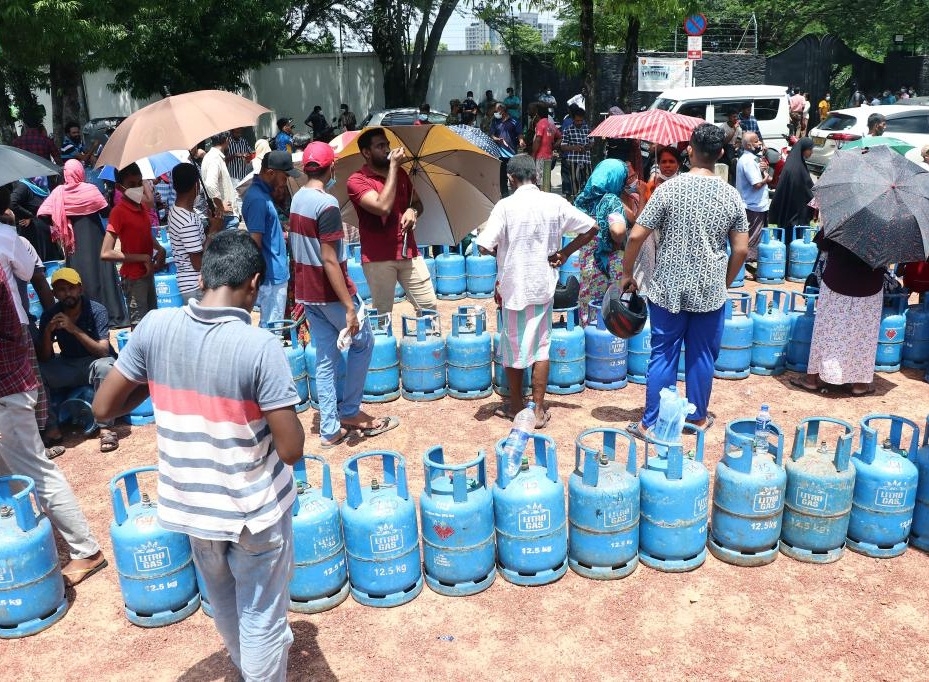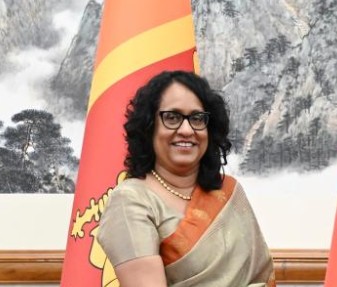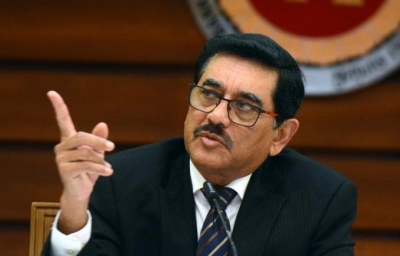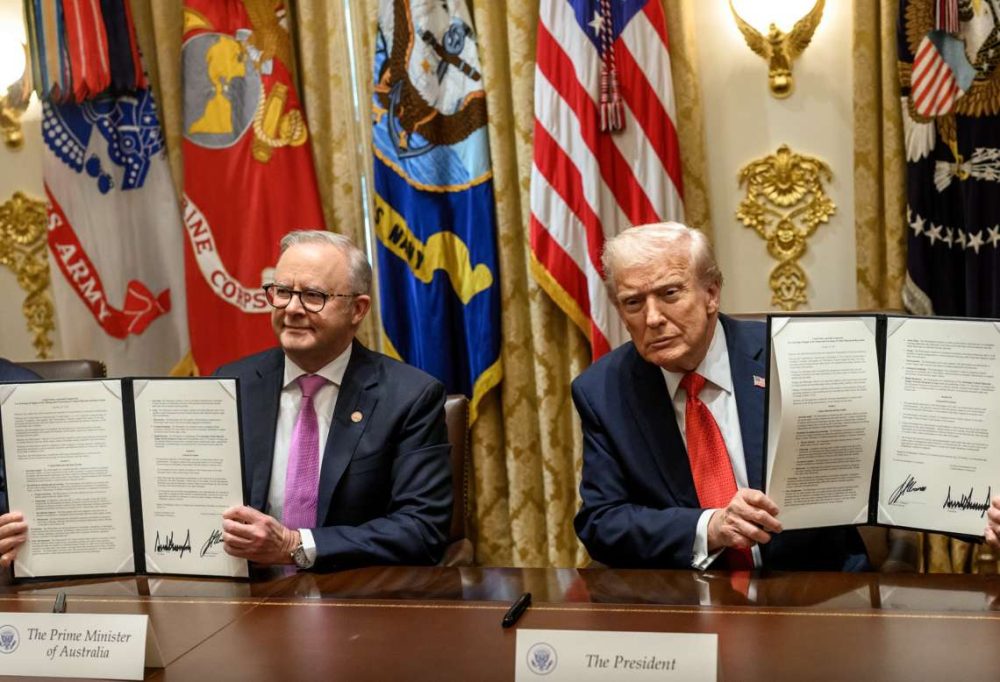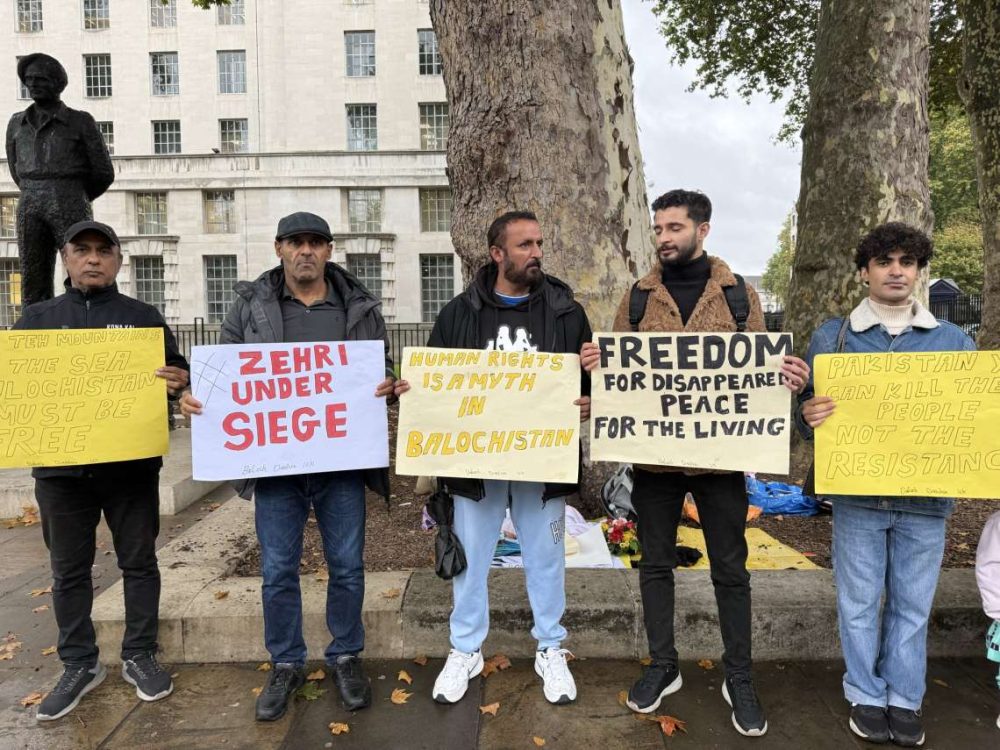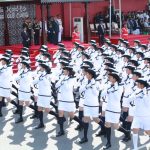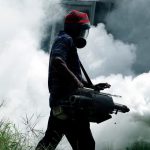Sri Lanka’s heightened fiscal, external, and financial imbalances and its fluid political situation pose significant uncertainty for the country’s economic outlook…reports Asian Lite News
Amid the ongoing economic crisis, the Sri Lankan economy is projected to contract by 4.3 per cent in 2023 as demand continues to be subdued, job and income losses intensify, and supply-side constraints adversely affect production, the World Bank announced.
Sri Lanka’s heightened fiscal, external, and financial imbalances and its fluid political situation pose significant uncertainty for the country’s economic outlook, the World Bank said in its twice-a-year update, underscoring the need to address the root causes of the country’s economic crisis and build a strong and resilient economy to prevent future crises, reports Xinhua news agency.
“The economic crisis in Sri Lanka has had deep impacts with over half a million jobs lost and 2.7 million additional people falling into poverty between 2021 and 2022,” said Faris H. Hadad-Zervos, World Bank country director for Maldives, Nepal, and Sri Lanka.
“The prolonged recovery from the scarring effects of this crisis in addition to a slow debt restructuring process, limited external financing support, and an uncertain global environment pose significant risks to the country’s economic growth,” the country director said.
The economy will continue to face significant challenges in 2023 and beyond, and a lower-level external trade equilibrium could have contagion effects on domestic trade, economic activity, jobs and incomes, according to the World Bank.
Strong and effective implementation of the government’s reform program, supported by financing from international partners, could boost confidence and attract fresh capital inflows that are key to improving job prospects and restoring livelihoods, said the World Bank.
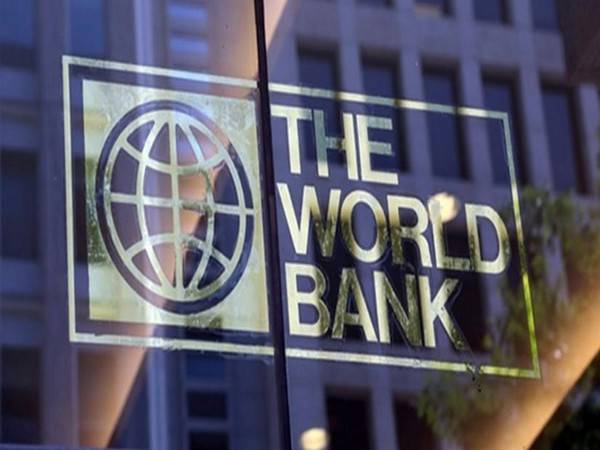
As Sri Lanka is still undergoing its worst ever economic crisis since independence in 1948, the island nation last month had finally secured a $2.9 billion bailout from the International Monetary Fund (IMF), which came as a lifeline for the island nation that has billions of dollars in loans.
The Covid-19 pandemic, rising energy prices, populist tax cuts and inflation of more than 50 per cent has battered Sri Lanka.
A shortage of medicines, fuel and other essentials also pushed the cost of living to record highs, triggering violent nationwide protests which overthrew the Gotabaya Rajapaksa government in 2022.
As a result the country defaulted on its debts with international lenders last May for the first time in its history.


